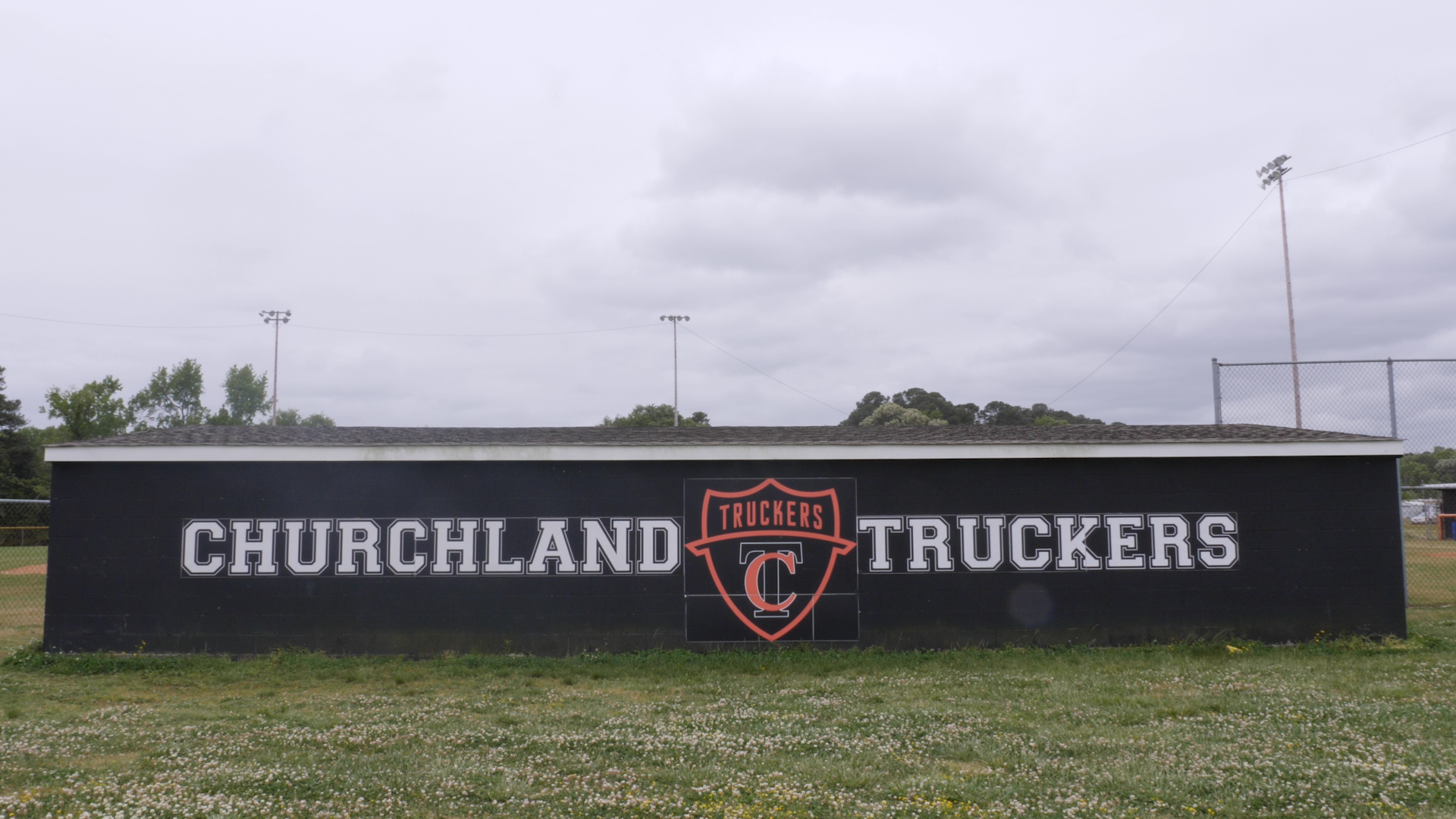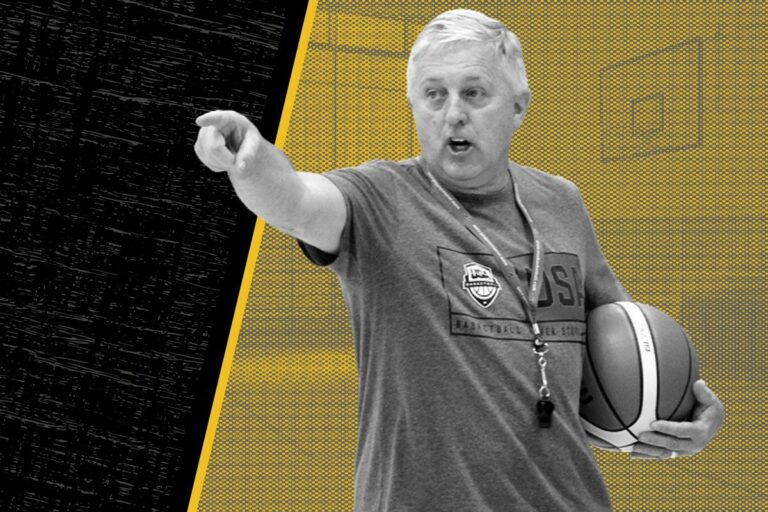Michael Whittington's Leadership Philosophy
- Try as we might, people rarely reach success as an individual; a lot of challenges require team effort.
- To help students become successful adults, the variety of guidance offered by an entire staff is needed.
- If students feel confident and empowered, they’ll often perform better—in whatever they're doing.
Five years into his tenure with Churchland High School, athletic director Michael Whittington is continuing to elevate his athletic department to new heights. In his own words, the program was good before he got there, but not great. To take pieces that were already there and combine them into something greater than before, Coach Whittington leaned on his own personal leadership philosophy he developed over many years, and applied it to great effect.
Below are the four core principles of Coach Whittington’s leadership philosophy, which any group leader can incorporate into their own programs. If you end up finding Coach Whittington’s principles helpful, consider sharing this piece with your peers — they might enjoy it as much as you.
1. Take a human-centric approach to teaching
Over the course of his educational career, Michael Whittington has gone from teaching, to coaching both boys and girls teams across different sports, which has given him special insight into how he needs to coach each.
“Just making sure as a coach, you’re not using a one size fits all for both groups, you have to change it up…it’s making sure you have more tools in your tool bag as a coach to deal with different groups and different styles of people.”
Whittington credits this skill to being a teacher and having to learn how to teach different students, saying, “I taught everything from your co-taught classes to your highest honors classes—and they’re different—I just took those same practices and approaches from the classroom. They work out in the field and on the court: just being able to manage personalities.
While professionals may have hours of time to dedicate to their craft, the same can’t be said for lower levels. In high school, group leaders generally can’t spend the same amount of time drilling down strategy or schemes. So, to get the best out of your students, group leaders need to adopt a human-centric leadership philosophy, and sharpen their people management skills.
2. Empower the students
It may sound like a cliche—what group leader doesn’t want to empower their students? It’s true, every group leader across every program wants to see their students succeed and become fine, upstanding adults, but coach Whittington takes it a step further.
“All of this is to me, it’s all mental. The kids are going to go out there, they’re going to do whatever. But if you can change their mindset, whether it’s what they’re visually seeing—they’re seeing, ‘Hey, the AD really cares about us, the principal really cares about us. He really wants us looking nice. They really care about how we look. They really care about how our facility looks.’ And so the kids start changing.”
Not only has this led to more recruitment success, but the actual on-field product has been better as well. In the five years since Whittington became athletic director, his program has brought in a collective four state championships, and eight second place finishes in regional competitions.
“It’s really about making the kids feel good. They see it, they want it. They’re like, ‘oh man, this is really nice,’ and so they want to really defend their stuff. They want to win at home. They don’t want nobody to come in here and beat them on the black top like, it instills that sense of pride in Churchland High School.”
3. Build and maintain a culture and pick the right people for your staff
When hiring new staff for his athletic department, Coach Whittington doesn’t just factor in qualifications and experience: He also places a strong emphasis on cultural fit.
“When I’m generally looking for people, I’m looking for people that can teach our kids. You don’t have to have a teaching degree to be a teacher. As long as you can get information to the kids, they can learn. One of the key things is being able to communicate, manage, build a program, have a plan, and then do all of that within the overall scheme of what I’m doing [at] the athletics department.”
For Coach Whittington, being able to be a leader that can inspire and teach young students is more important than wins, losses, and game plans—he says it himself.
“I know that’s the question we have, ‘how do you teach more life lessons?’ I care about that stuff. That’s the stuff that’s more important to me than Xs and Os. If you’re doing those things right—the little things—the Xs and Os, the championships, the wins, they’ll come. It might not come fast, but if you’re doing it right, it’ll start building itself up, and you’ll start seeing the changes you want in your program.”
4. Have your staff work WITH you, not FOR you
For all of his experience and accomplishments, Coach Whittington is quick to credit his Churchland staff as being a key part of all of it.
“I built a family atmosphere here with my coaches. I’m not just over them. Sure I’m their administrator. Sure I’m their boss. But at the end of the day, I want them to know that I’m not asking them to do nothing that I wouldn’t do myself,” Whittington says.
“Once you get that out there and they understand that you’ve coached, you’ve been in their shoes…they’re able to follow you better and take heed to what you’re saying.”
Every group leader is different and may have different beliefs and approaches to this topic. But, for Coach Whittington, this has been a vital part of his successful leadership philosophy. Coach Whittington works with his staff across all sports to develop a strong, consistent culture that the students have responded to positively.











